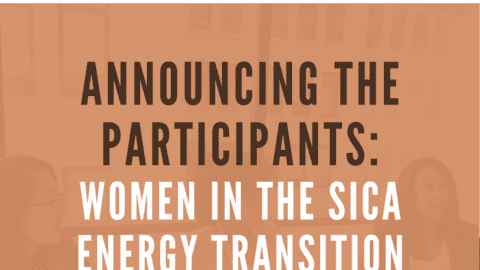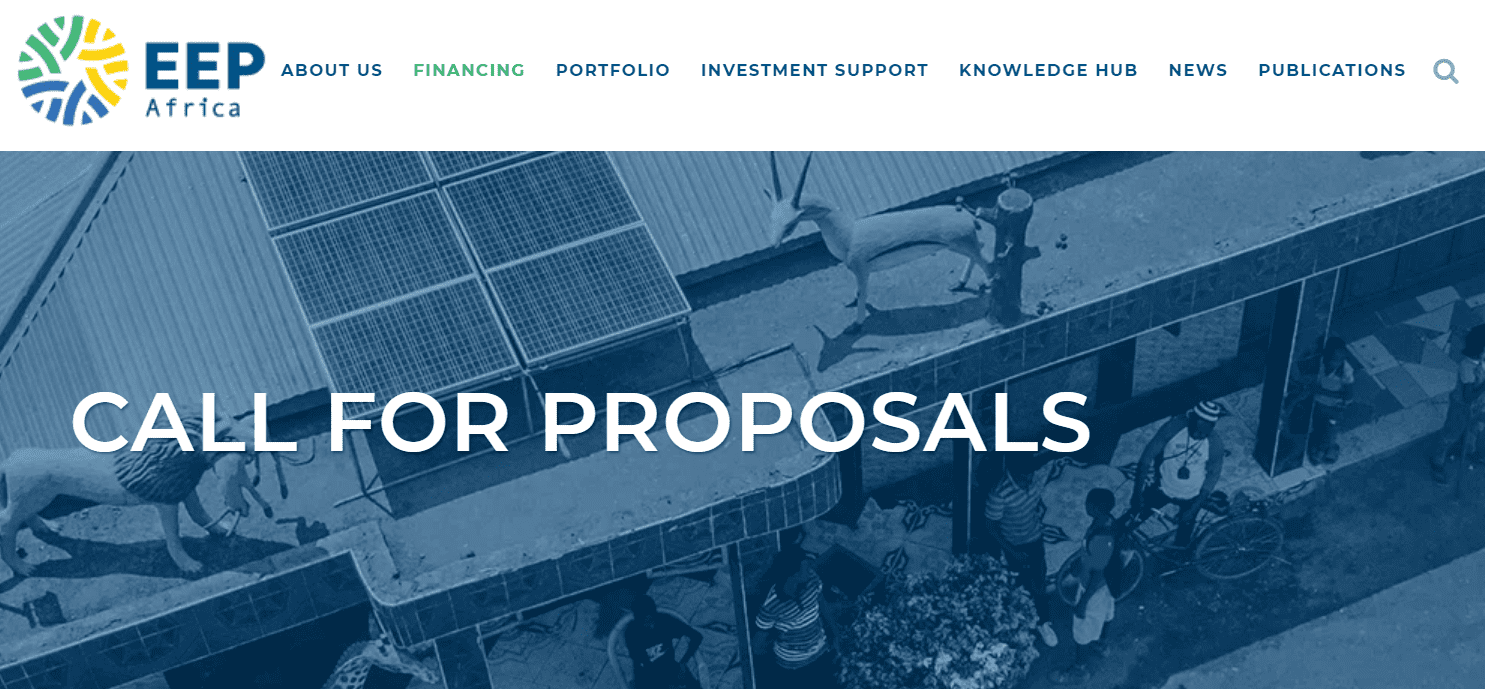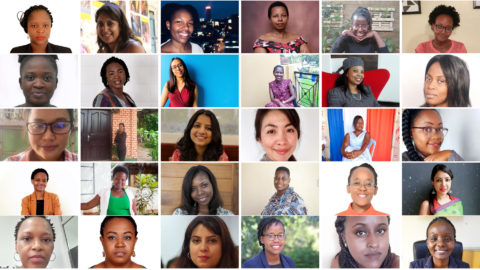Renewables now supply more than a quarter of global electricity production but current trends in the sector show that bolder policy decisions are needed across all end-use sectors
Today, REN21, the Renewable Energy Policy Network for the 21st Century, launched its annual flagship report, the Renewables 2019 Global Status Report (GSR). Renewable energy is increasingly powering the world, but erratic policy making is holding the sector back from its potential contribution to cutting carbon pollution and meeting climate and development targets.
The report confirms that for the fourth consecutive year, more renewable power capacity was installed than fossil fuel and nuclear power combined – 100 gigawatts (GW) of solar PV alone was added in 2018, enough to meet more than 25% of electricity demand in France.
But a lack of ambitious and sustained policies to drive decarbonisation across the heating, cooling and transport sectors means countries are not maximising the benefits of the transition – including cleaner air and energy security – for their people.
According to IRENA’s new job report, the renewables sector worldwide currently employs 11 million people, with almost a third of those jobs held by women. “We are convinced that increasing the share of women in the renewable energy workforce will speed up the energy transition and make it more inclusive. Gender diversity drives innovation, opens new pathways for technology deployment, brings fresh perspectives to the development of societies and attracts and retains a richer pool of talent,” says Christine Lins, GWNET’s Executive Director.
Download the report here











